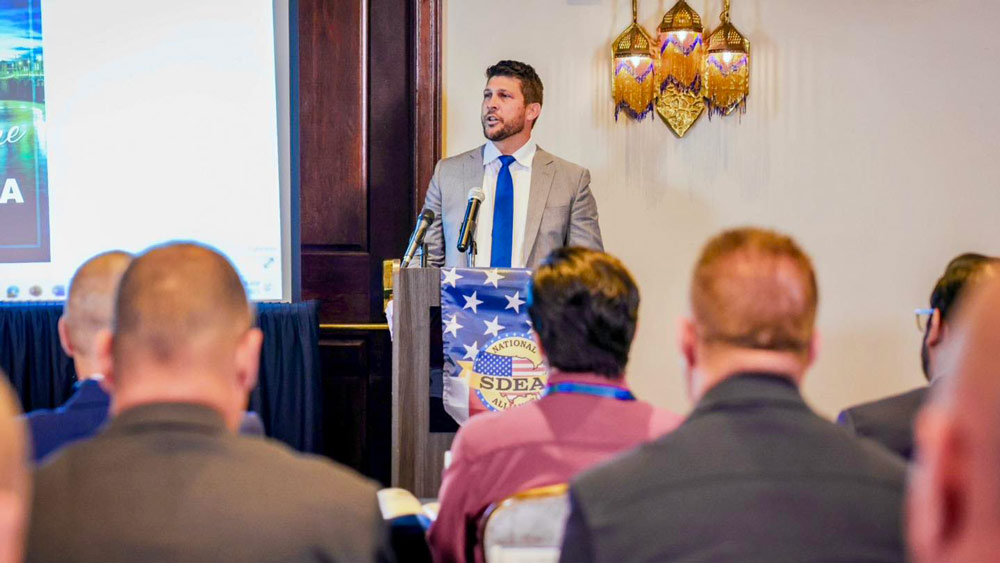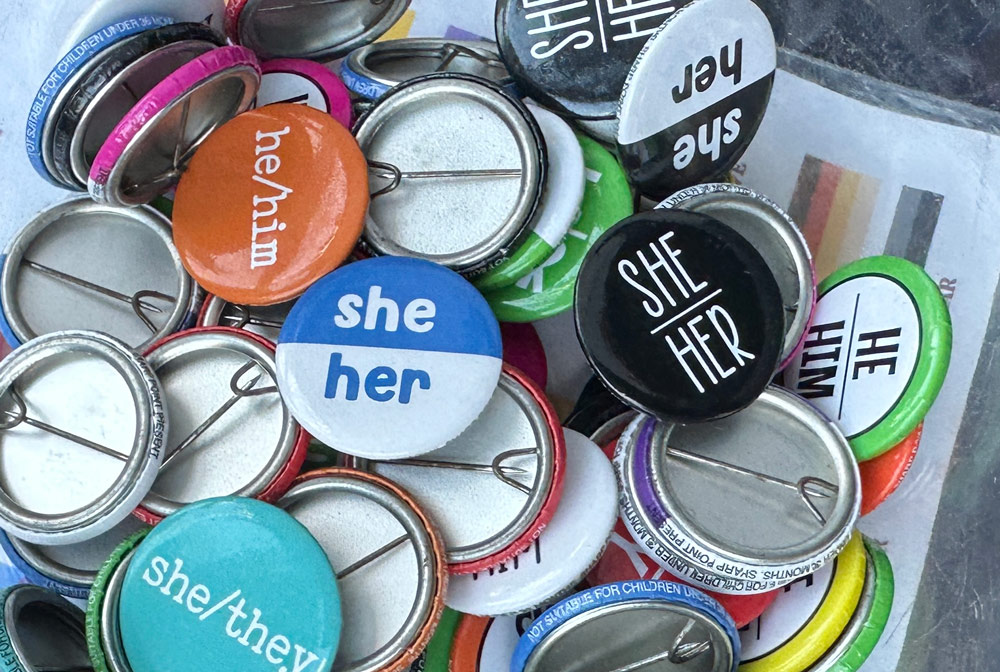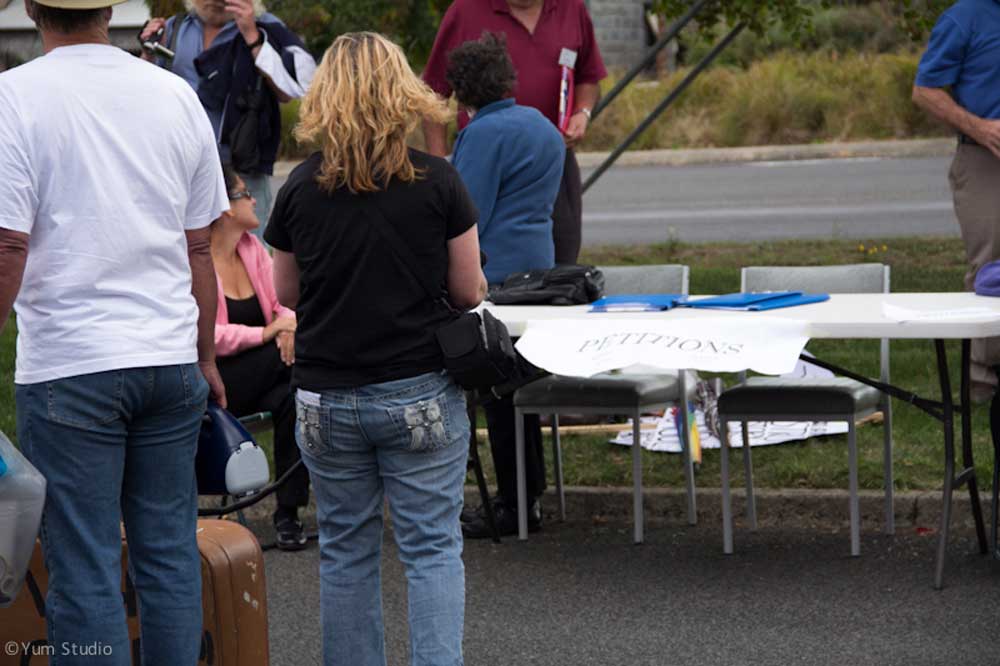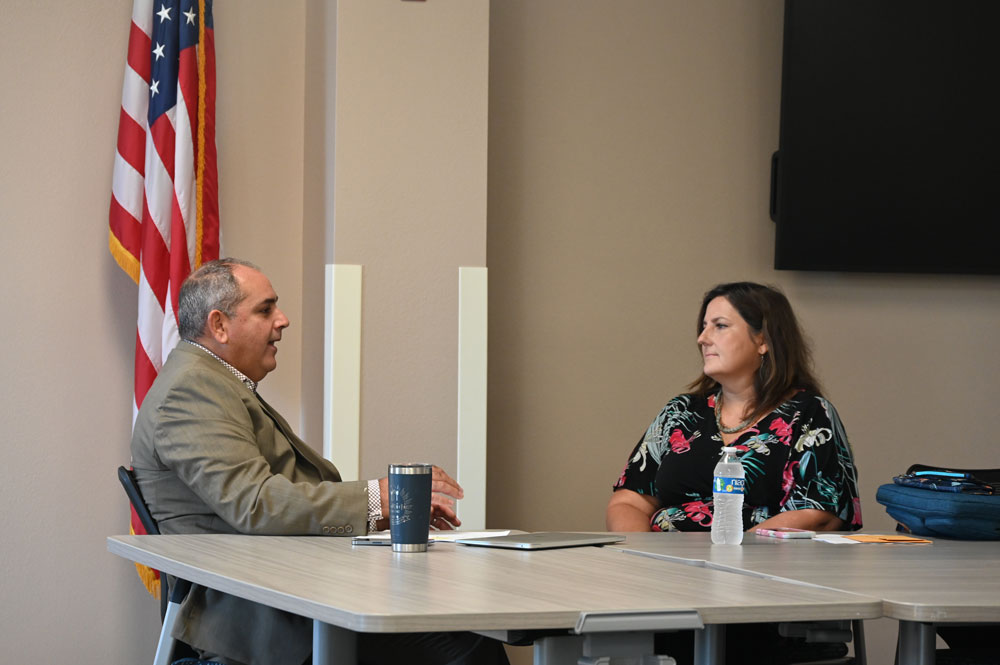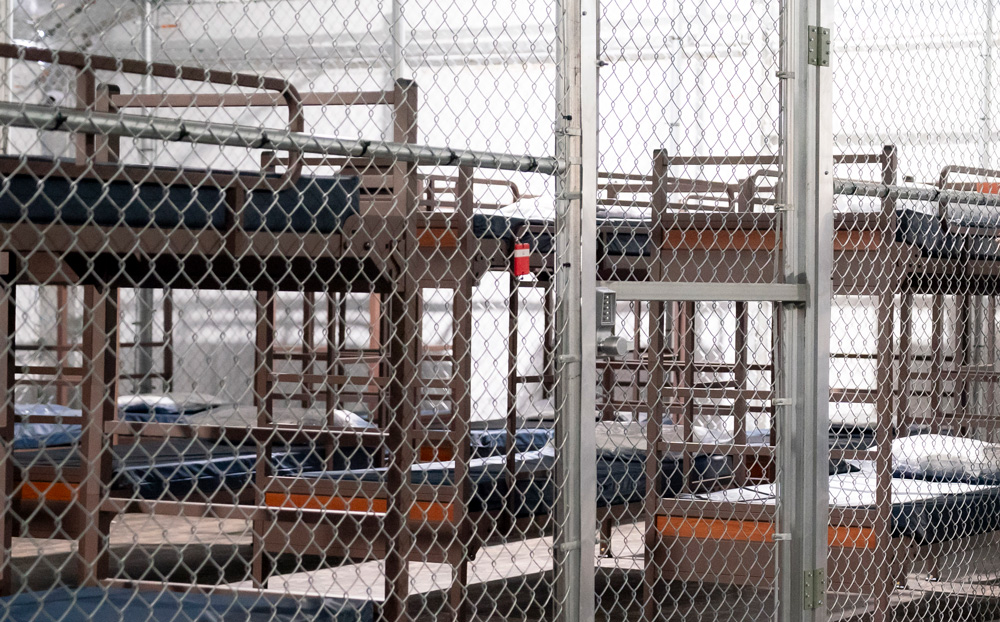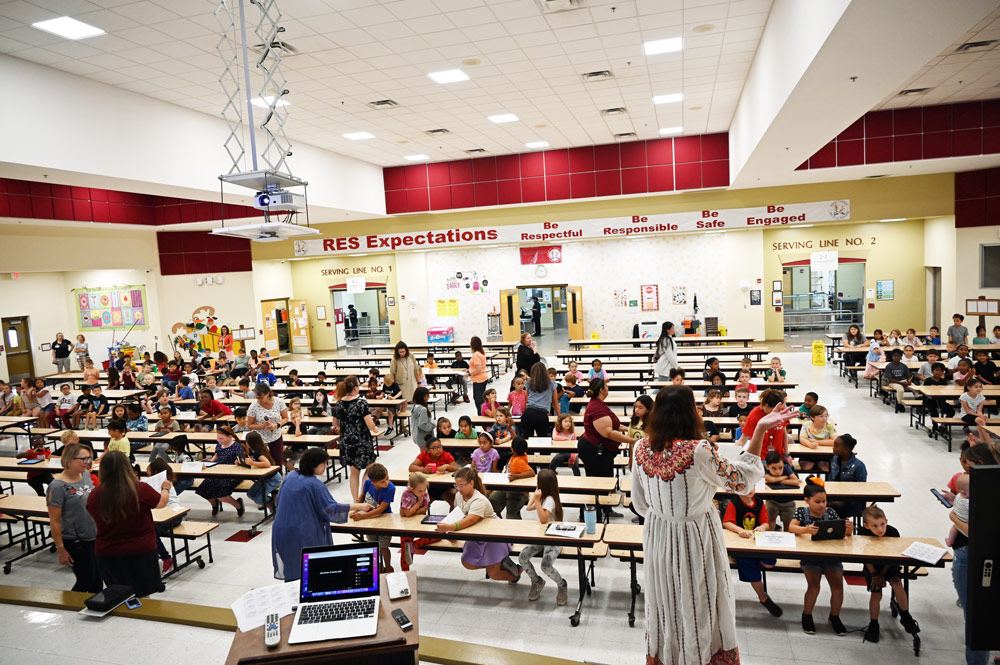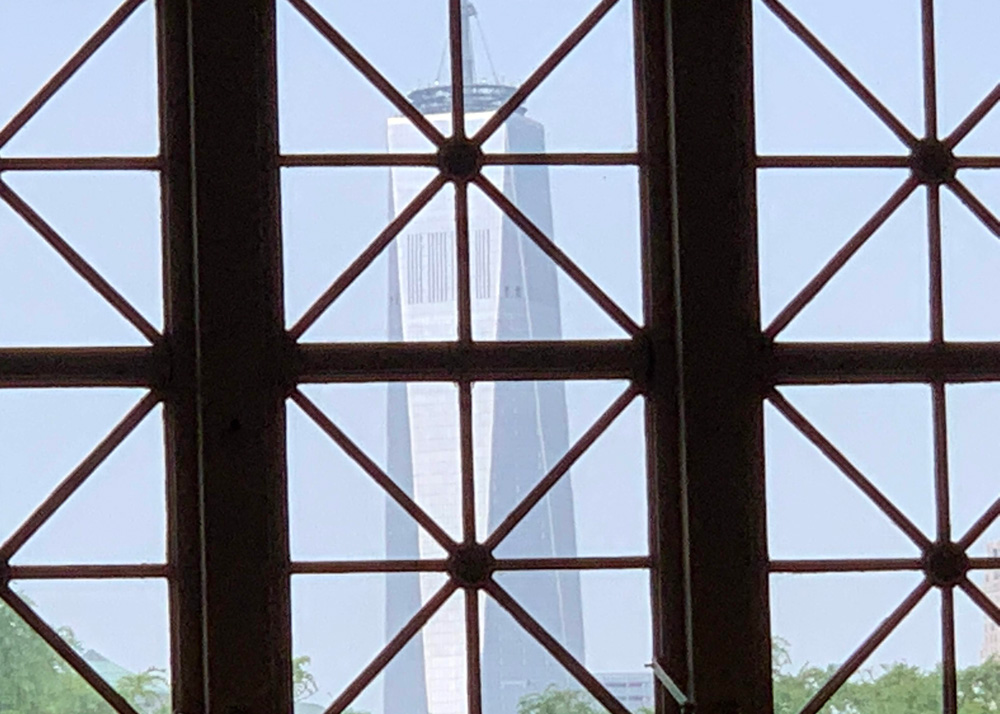A request by Florida Attorney General James Uthmeier to at least temporarily permit the execution of a new state legislation that targets undocumented immigrants who enter the state was denied by the U.S. Supreme Court on Wednesday.
Last month, Uthmeier requested a stay of a temporary injunction imposed by U.S. District Judge Kathleen Williams in April to prevent the law from being implemented. If granted, such a stay would have permitted the statute to be enforced while a pending legal dispute over the injunction was resolved.
The stay motion was rejected by the Supreme Court.
The Supreme Court did not provide an explanation for its ruling, as is customary, but it is probable that the law will be put on hold until the 11th U.S. Circuit Court of Appeals has had a chance to decide on a state appeal of the preliminary injunction. Arguments will be heard by an appeals court panel in October.
The law established state offenses for unauthorized immigrants who enter or re-enter Florida. It was passed during a special legislative session in February. It happened as Republican lawmakers and Governor Ron DeSantis hurried to support President Donald Trump’s initiatives to combat illegal immigration.
However, Williams determined that federal immigration-enforcement authorities most likely preempted the bill (SB 4-C). She mentioned the law’s requirement that offenders be imprisoned, pointing out that it might be in contradiction with federal authorities.
According to the judge, it first empowers state authorities to bring charges of unlawful entry or readmission in situations when federal actors might decide not to. SB 4-C’s mandatory detention clause restricts federal law enforcement’s ability to recommend pre-trial release and prevents federal courts from holding proceedings that require the presence of defendants, even if federal and state officials decide to launch parallel dual prosecutions under both statutes. Furthermore, even in the midst of a federal immigration hearing that may conclude that the defendant may continue to be in the country lawfully, state authorities are entitled to pursue a charge under SB 4-C.
However, Uthmeier’s office denied that the state law is preempted in its request for a stay from the Supreme Court, arguing that it deliberately follows federal law exactly. Additionally, according to Uthmeier’s office, Florida has been ordered to refrain from implementing its law in a way that would hurt its inhabitants and the state’s sovereign right to keep them safe.
The stay request stated that while the legislation cannot be enforced, illegal immigration is nonetheless causing chaos in the state. And as this case moves through the lower courts, Florida and its residents will be unable to fight the severe effects of illegal immigration for years if this (Supreme) Court doesn’t step in.
In a federal court in South Florida on April 2, attorneys representing the Florida Immigrant Coalition, the Farmworker Association of Florida, and two individual plaintiffs contested the law, arguing that it violates the U.S. Constitution’s Supremacy Clause, which states that immigration enforcement is a federal function. Uthmeier and local state attorneys around Florida are named as defendants in the complaint.
In order to prevent the law from being enforced, Williams granted a temporary restraining order on April 4 and extended it on April 18. On April 29, she finally issued a longer-lasting preliminary injunction, which prompted the state to file an appeal.
The plaintiffs’ lawyers emphasized the preemption problem in a brief they submitted to the Supreme Court in opposition to the state’s stay motion. Congress has built a thorough framework to determine who may enter, how they may enter, where they may enter, and what consequences apply for those who enter unlawfully, according to the brief, which largely cited a 2024 ruling in a Texas case.
Additionally, SB 4-C is in constant conflict with the complex federal plan: the brief stated that Congress has given federal officials a variety of tools and broad discretion to balance a variety of national interests, but SB 4-C aims to take control of one of those tools—criminal regulation of entry—from federal control and discretion, to be used however Florida (and, presumably, any other state) sees fit.
Last month, a panel of the Atlanta-based appeals court denied Uthmeier’s stay request as well.
Williams took the rare step of finding Uthmeier in civil contempt in the fiercely contested legal dispute.
That conclusion was based on a letter Uthmeier wrote to the police in April following the judge’s order to stop the law’s enforcement. According to Williams, Uthmeier disregarded a mandate to inform law enforcement agencies that the statute was prohibited from being enforced by what was then a temporary restraining order. Uthmeier has argued that law enforcement officials should not be subject to Williams’ rulings; rather, they should only apply to him and the local state attorneys who are the case’s listed defendants.
The Trump administration, however, submitted a brief this week requesting that the interim injunction be overturned by the appellate court.
Jim Saunders, Florida News Service
